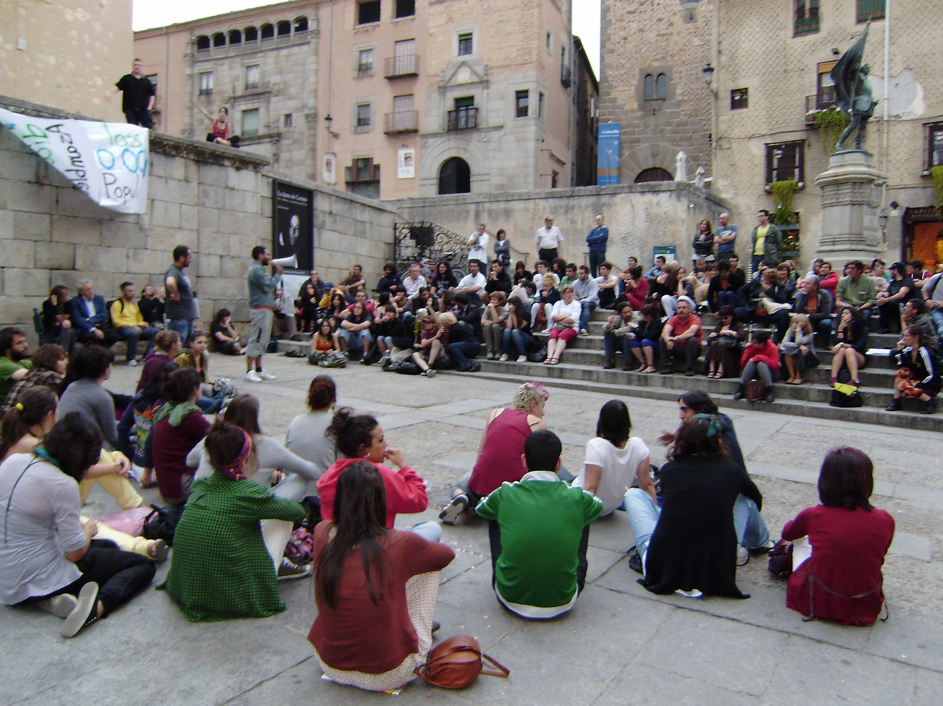Focus on Citizens' Assemblies I An increasingly topical and global phenomenon, citizens' assemblies are formed by a randomly selected representative sample of a country’s population, mandated to draw policies on important political and legal issues. In times of severe social polarisation and distrust in political institutions, public authorities are demonstrating a renewed attention to these formats as tools to restore legitimacy and generate public consent, and indeed for their capacity to defuse or divert from other forms of political mobilisation.
Be they alternatives to traditional policymaking or complements to ageing representative institutions, these forms of participative and deliberative decision-making contain a promising collaborative potential, and are also often likely to be institutionalized. That is why it is important to critically examine their mechanisms, their effects, and their limitations.
In 2018–2020, we conducted in-depth fieldwork when the Evens Foundation was invited to join the group of researchers who observed two major national experiments in deliberative democracy in France: the Grand National Debate (2018), and the Citizens' Convention for Climate (2019–2020).
Our research was informed by conversations with leading international scholars, who joined as our scientific advisors. To conclude this phase, we have attributed the Evens Research Fellowship to political scientist Dimitri Courant (University of Lausanne and University Paris 8). Courant carries out a comparative study of recent European cases of citizens' assemblies, including French and Irish iterations. Unprecedented in terms of scale, these nationwide experiments bring important elements to global research on deliberative democracy.
Courant’s initial empirical analyses has been published in the French review Archives de Philosophie du Droit. The article focuses on the design of these assemblies, the tension between the power of participating citizens, and their control by organisers and experts, as well as the place of these forms of citizen deliberation within democratic systems. Read the article here
